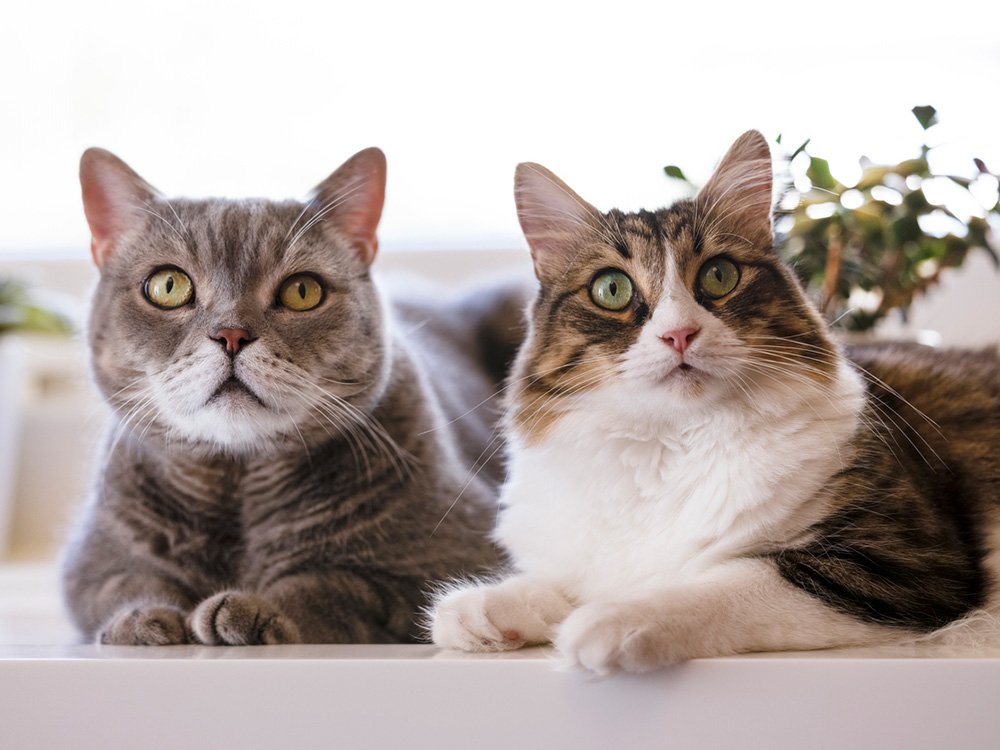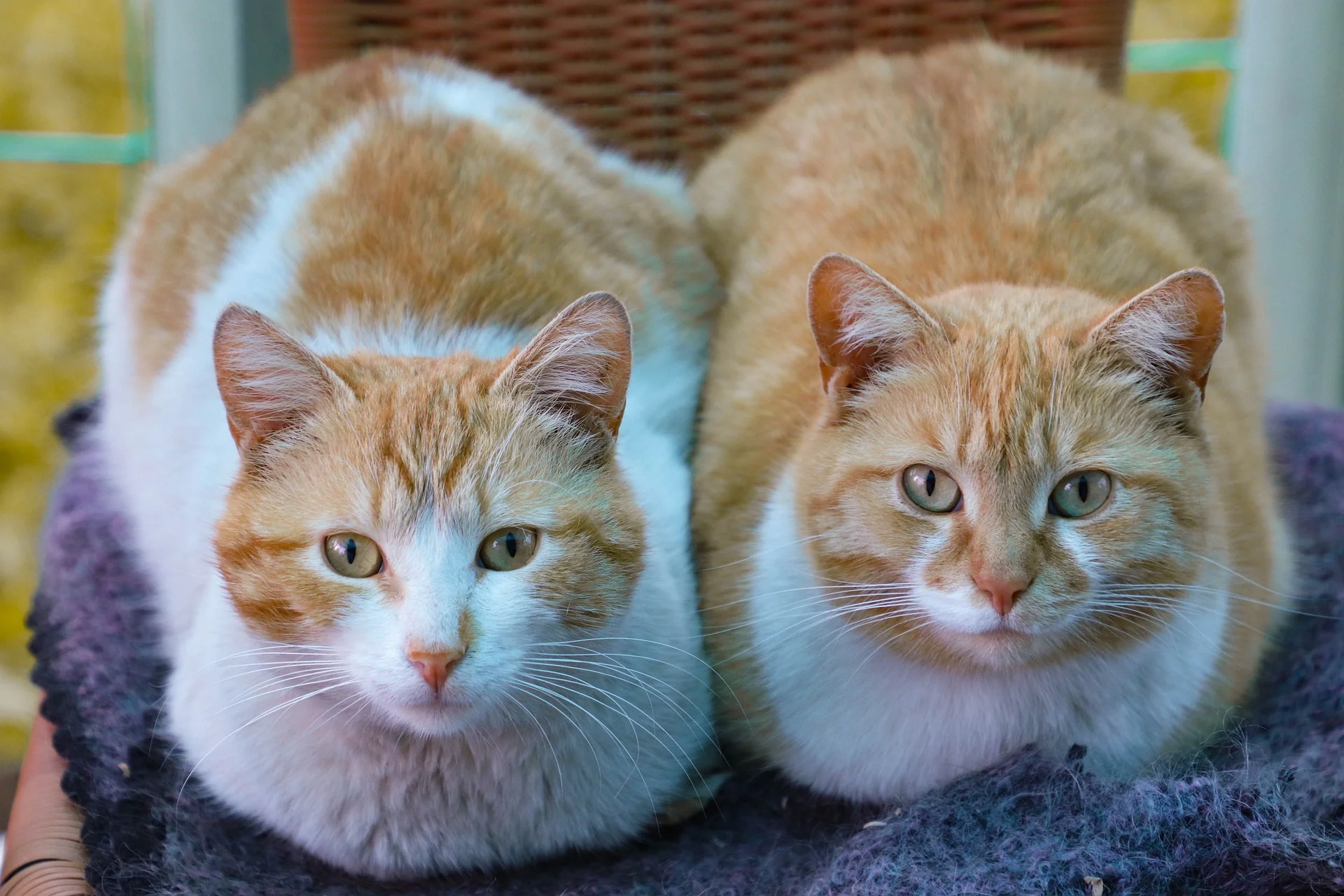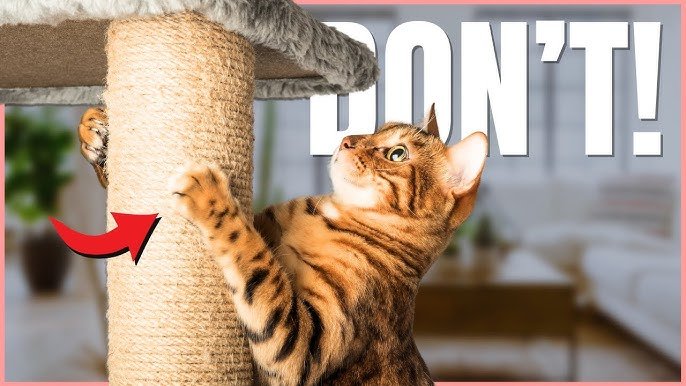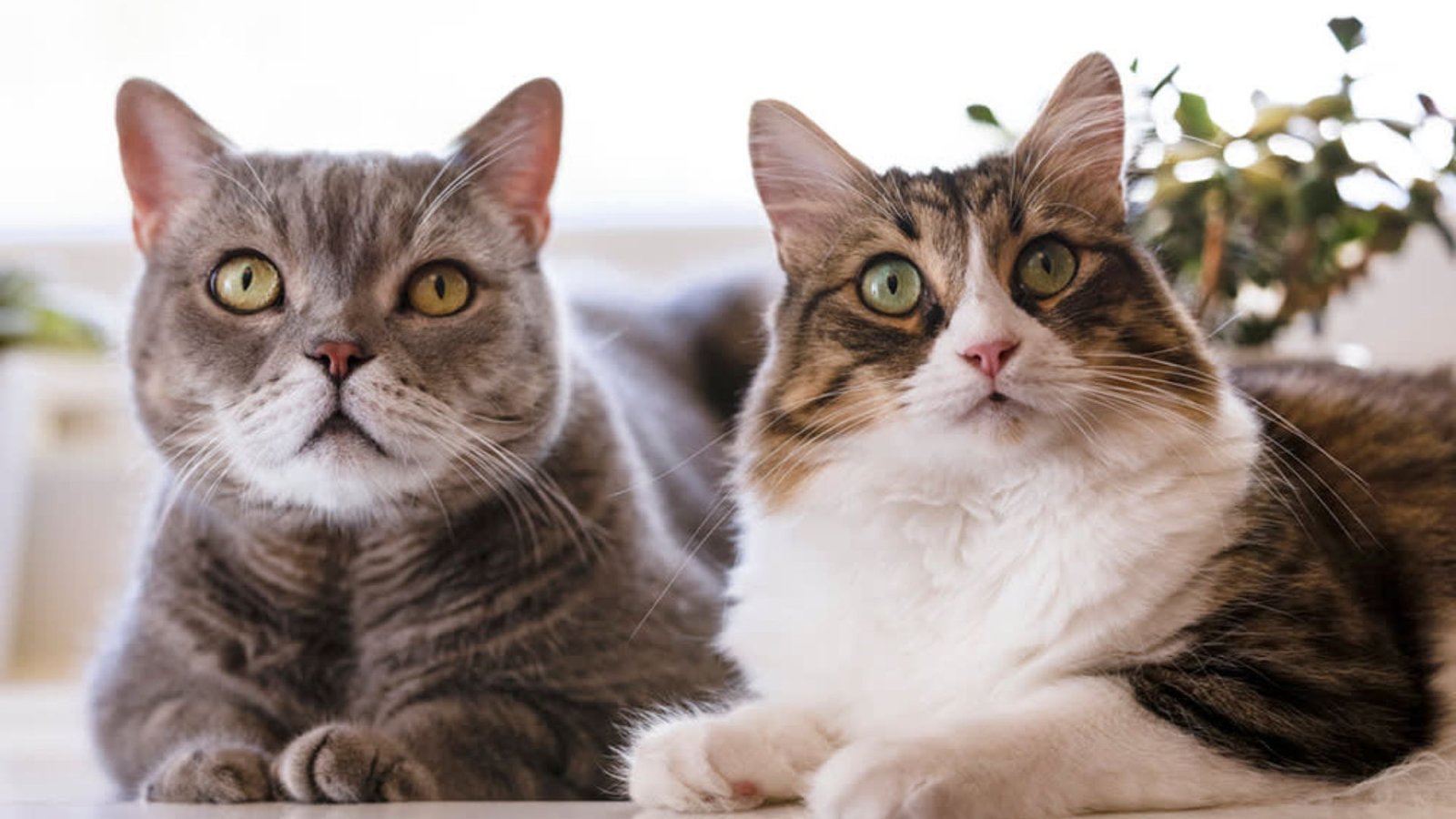When it comes to choosing a cat, one of the biggest decisions you’ll face is whether to adopt a male or a female cat. While every cat is unique, there are some general personality differences that may make one gender better suited to your lifestyle and preferences. Understanding these differences can help you decide which cat might be the best fit for your home.
1. Temperament: How Male and Female Cats Differ
Male Cats: More Affectionate and Laid-back
Male cats, especially if they are neutered, are generally known for being more affectionate and social. Many male cats enjoy being around people and often seek attention. They tend to be more laid-back and relaxed, which can make them excellent companions for families or individuals who are looking for a cat that loves to cuddle and spend time with humans.
Male cats also tend to have a calm demeanor, which is beneficial for first-time cat owners or those who prefer a cat that isn’t as independent or aloof. However, this can vary, as some male cats can be more active and playful.
Female Cats: Independent and Reserved
Female cats, on the other hand, are often described as more independent and reserved. While they can certainly show affection and enjoy human company, they tend to be more self-sufficient. Female cats may not seek as much attention as males, but they tend to have a more refined and dignified approach to their interactions.
This doesn’t mean that female cats are less loving—many female cats form deep bonds with their owners—but they may be more likely to maintain their personal space and enjoy time alone. They also tend to be more cautious and observant in new environments.
2. Behavior and Socialization
Male Cats: Playful and More Social
Male cats, particularly younger ones, are often more playful and social than females. They are more likely to enjoy interactive play with their human companions, engaging in games of chase or fetch. Male cats also tend to get along well with other cats, especially if they are neutered, and are more likely to be tolerant and less territorial.
However, unneutered male cats might exhibit behaviors like marking their territory with urine or being more aggressive toward other males, especially if they feel threatened. Neutering usually calms these behaviors significantly.
Female Cats: More Territorial and Self-reliant
Female cats tend to be more territorial, especially if they are unspayed. They often prefer to establish a single area where they feel safe and in control. This can sometimes make them a bit more standoffish, especially when introduced to new pets or people.
While female cats may not be as playful as their male counterparts, they are generally more observant and deliberate in their actions. They tend to focus their energy on maintaining their space and routines rather than engaging in boisterous play or seeking attention. Female cats are also typically more quiet and reserved, which can be ideal for owners seeking a calm and peaceful companion.

3. Health Considerations and Lifespan
Male Cats: Prone to Certain Health Issues
Male cats, especially those that are unneutered, can be more prone to certain health problems, such as urinary tract issues or prostate problems. Neutering male cats at an early age can help reduce the risk of these health concerns.
However, male cats tend to live a bit shorter lives than female cats on average, although this difference is minimal. They may also develop obesity if not kept active and well-fed, as their laid-back nature can make them prone to weight gain.
Female Cats: Longer Lifespan and Fewer Health Risks
Female cats generally have a longer lifespan compared to males, which may be attributed to fewer health issues and complications. Spayed female cats are less likely to develop certain cancers, such as ovarian or uterine cancer, and they typically have fewer urinary tract problems than males.
Female cats also tend to be better at managing their weight, as they’re more active and focused on their environment, which can help them maintain a healthy lifestyle.
4. Training and Behavior Modification
Male Cats: Easier to Train, But May Require More Attention
Male cats are generally easier to train due to their affectionate nature and desire to please their owners. They are more likely to engage in training sessions and respond well to positive reinforcement, especially if food rewards are involved.
However, their desire for attention can sometimes mean they need more interaction, and if they feel neglected, they might resort to unwanted behaviors such as excessive vocalization or begging for attention.
Female Cats: More Stubborn, But More Consistent
Female cats can be more independent, which sometimes makes training them a bit more challenging. However, once they learn something, they tend to stick to it and may be more consistent in their behavior. They can be less distracted by their surroundings, making them more focused when it comes to training.
If you’re looking for a cat that will respond quickly and eagerly to training, a male cat might be a better choice. But if you’re patient and consistent, a female cat will also learn just as well and offer a quieter, more disciplined approach.
5. Neutering and Spaying Effects on Personality
Neutering Male Cats: A Calmer and More Affectionate Companion
Neutering a male cat usually results in a more mellow and affectionate pet. It reduces the likelihood of marking behavior and aggression, allowing the cat to be more focused on bonding with their human companions. Neutered male cats are less likely to roam, which can help prevent them from getting into dangerous situations.
Spaying Female Cats: A More Balanced, Less Aggressive Personality
Spaying female cats also helps prevent certain behaviors associated with the heat cycle, such as vocalizing excessively, restlessness, or aggression. A spayed female cat is often more content and well-adjusted, as they no longer experience the hormonal fluctuations associated with mating instincts. This leads to a calmer and more balanced temperament overall.
6. Which Cat is Right for You?
Choosing between a male or female cat ultimately comes down to your preferences, lifestyle, and the time you’re willing to commit to your new pet. Here are some quick tips:
- Male Cats are ideal if you want a playful, affectionate, and social companion. They are more likely to enjoy snuggling and engaging in interactive play.
- Female Cats are great for those who prefer a more independent, low-maintenance pet. They tend to be more territorial and cautious but are also often more self-sufficient.
Both male and female cats make wonderful pets, and personality differences are not set in stone—they can vary based on factors such as upbringing, environment, and whether the cat has been neutered or spayed.
Conclusion
Both male and female cats have unique qualities that make them wonderful companions. Understanding the typical personality differences between the two can help you choose the best pet for your home and lifestyle. Whether you prefer the affectionate, social nature of male cats or the independent, calm demeanor of female cats, both genders offer plenty of love and companionship.




